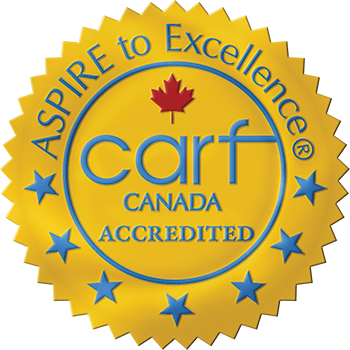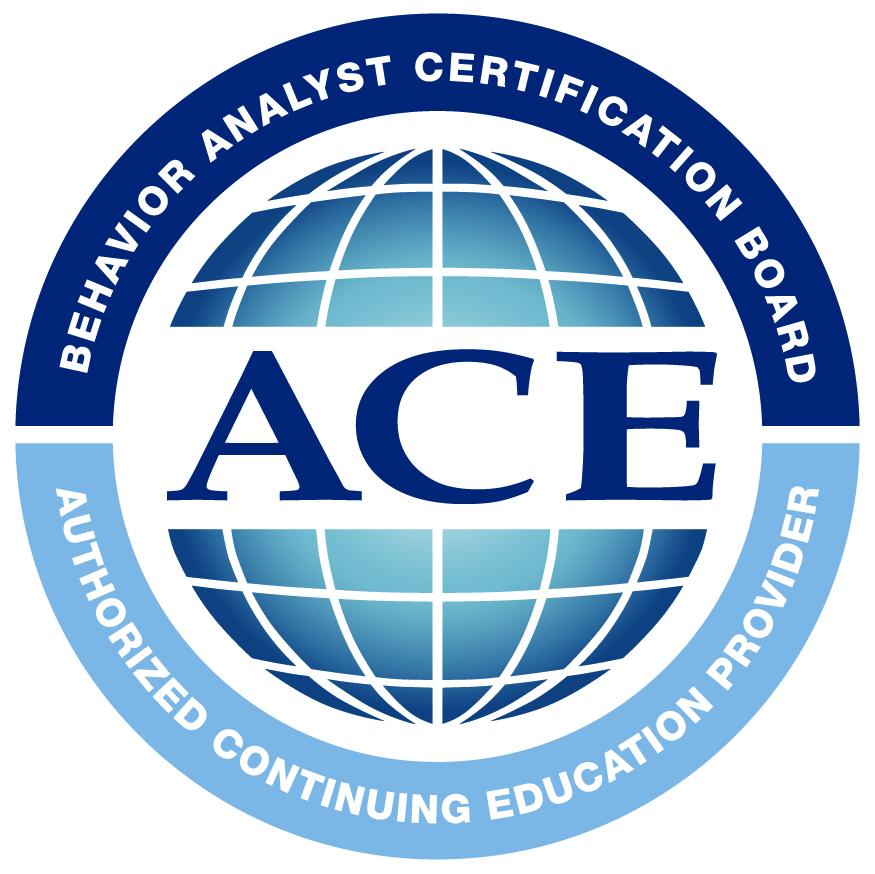| By Gord Tulloch, Director of Innovation and Co-Author of “The Trampoline Effect” |
 |
It’s a crazy world. A hard world, sometimes. Occasionally impossible.
Yet always beautiful. Breathtakingly so.
And yet despite the miracle of life, how often do we find ourselves with our heads down, plowing through our day-to-day until we are suddenly surprised to realize a month has passed, a year, a
decade? So many things demanding our attention. So many to-dos. How did we come to forget ourselves?
And how do we remember, again?
The community living sector began with a dream that people would leave institutions and discover their full potential, living good lives in welcoming communities—just like everybody else. Turns out it’s not so easy, especially where stigma and ableism prevail, and where one is caught up in systems that focus on deficits rather than potential.
When it comes to professional supports, our sector has spent a lot of resources on safety and security, and for good reason. The result is a lot of training, policies and procedures, and routines around these things. It is past time to turn our attention to the original vision of our sector, and to the most fundamental of questions—what does it mean to “live fully” or “to flourish”. And, what must we do to become springboards for someone else’s flourishing?
We usually answer the first question with responses like ‘friends and family,’ ‘belonging,’ ‘self-determination,’ ‘employment,’ and the like. Yes—and, there are many other critical elements
such as beauty, purpose, hope, creativity, reflection, learning, laughter and love. Such things can’t be “programmatized” – they occur in moments, often catching us unawares. They also don’t take place between a “staff” and a “person served” or between a “manager” and a “front line staff” or between a “professional” and a “family member,” they occur between two people who, for a moment, anyways, have transcended their roles and are encountering one another on equal terms: as beings in the world. As presences.
How do we create settings that can lead to more moments like those? What can we learn from Elders, psychologists, cognitive scientists, philosophers, artists, poets, and others? How do we glean wisdom from religious traditions and cultural worldviews that have been grappling with the meaning of human life and fulfillment for millennia? And just as importantly, how do we apply that learning to our workplace(s)?
We see this as more than a professional obligation; it’s a human one. Just as we have a duty to ourselves to live fully, which we can neglect for oh-so-many reasons, we have a duty to support others to live fully, especially those for whom we have some formal responsibility. And in a world filled with distraction, and which seems increasingly intent on tearing down anyone who doesn’t look or think a certain way, this obligation is especially important to affirm.
Which means, we’re entering a different kind of territory. We can’t prescribe the production of moments—it’s something we must all be open to participating in, whether by freely offering and receiving the gift of encounter, or by being willing to be caught by surprise and to fall into such moments. How do we become an intentional assortment of people who, even with
different backgrounds and beliefs, and though indwelling different roles within the organization, can still nourish one another? How do we “set the table” so that meaningful moments and encounters become more abundant, so that we become a place where there is more room for everyone’s project of being—for joy, connection, beauty, meaning, and making sense of suffering?
In short, how does posAbilities become a house of human flourishing?
That’s what we want to become over the next few years, and we’ll really need your help to figure it out.
Details about posAbilities’ first “Festival of Flourishing” will follow soon…











Good article, Gord
Thank you!
Nice philosophical verbiage, but what this sector needs is tangible practical solutions.
Agreed, we are working on it!
What a wonderful journey to focus on – how can we flourish….inspiring, essential, and reverent. I look forward to more stories about how people are describing their lives and dreams.
Thank you Kim!